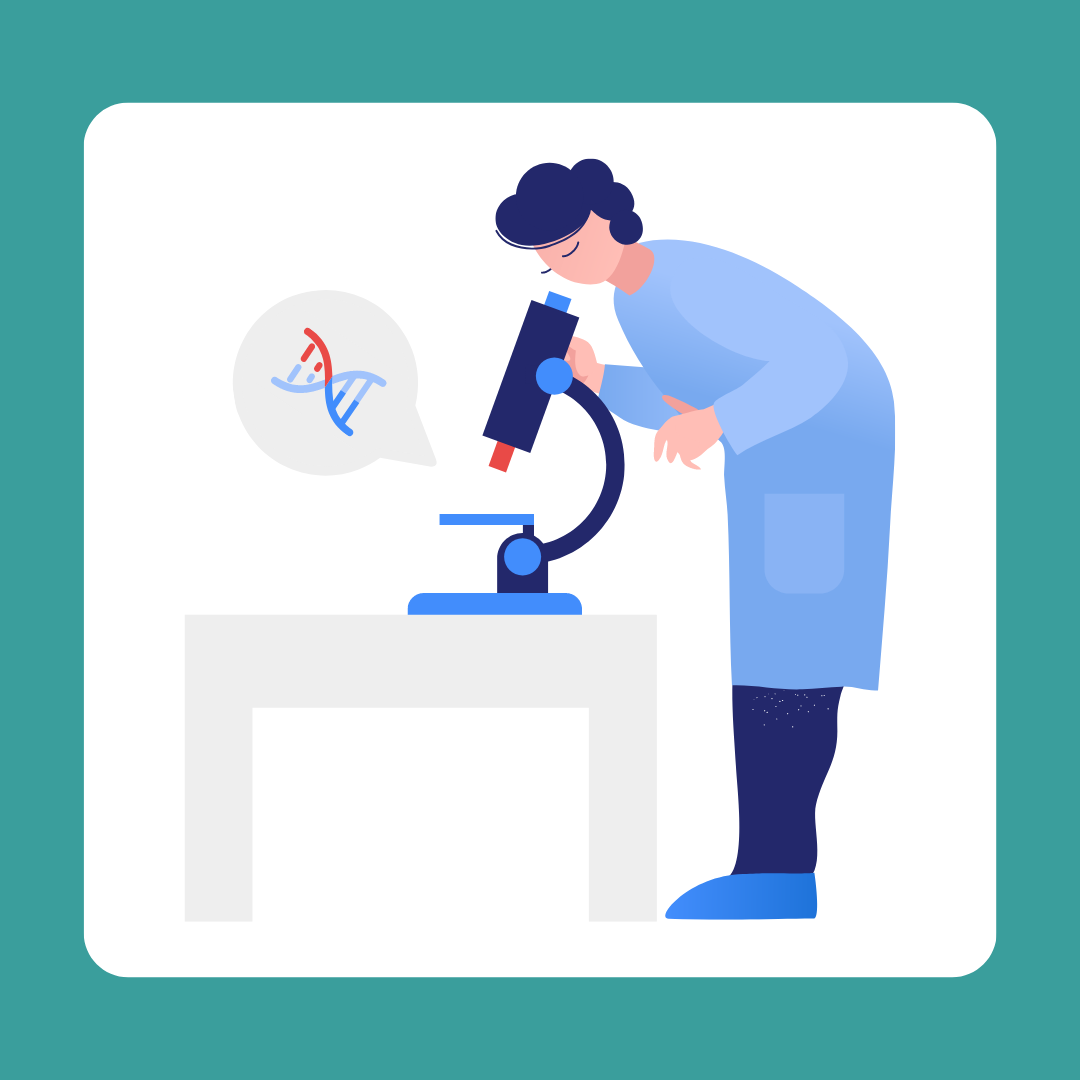Experts weigh medical advances in gene-editing with ethical dilemmas
By Rob Stein,
NPR [cites CGS' Marcy Darnovsky]
| 03. 06. 2023
Hundreds of scientists, doctors, bioethicists, patients, and others started gathering in London Monday for the Third International Summit on Human Genome Editing. The summit this week will debate and possibly issue recommendations about the thorny issues raised by powerful new gene-editing technologies.
The last time the world's scientists gathered to debate the pros and cons of gene-editing — in Hong Kong in late 2018 — He Jiankui, a biophysicist and researcher at Southern University of Science and Technology in Shenzhen, China, shocked his audience with a bombshell announcement. He had created the first gene-edited babies, he told the crowd — twin girls born from embryos he had modified using the gene-editing technique CRISPR.
He, who had trained at Rice University and Stanford, said he did it in hopes of protecting the girls from getting infected with the virus that causes AIDS. (The girls' father was HIV-positive.) But his announcement was immediately condemned as irresponsible human experimentation. Far too little research had been done, critics said, to know if altering the genetics of embryos in this...
Related Articles
By Scott Solomon, The MIT Press Reader | 02.12.2026
Chris Mason is a man in a hurry.
“Sometimes walking from the subway to the lab takes too long, so I’ll start running,” he told me over breakfast at a bistro near his home in Brooklyn on a crisp...
By Diaa Hadid and Shweta Desai, NPR | 01.29.2026
MUMBRA, India — The afternoon sun shines on the woman in a commuter-town café, highlighting her almond-shaped eyes and pale skin, a look often sought after by couples who need an egg to have a baby.
"I have good eggs,"...
By George Janes, BioNews | 01.12.2026
A heart attack patient has become the first person to be treated in a clinical trial of an experimental gene therapy, which aims to strengthen blood vessels after coronary bypass surgery.
Coronary artery bypass surgery is performed to treat...
By Staff, ScienceDaily | 01.05.2026
Scientists at UNSW Sydney have developed a new form of CRISPR technology that could make gene therapy safer while also resolving a decades-long debate about how genes are switched off. The research shows that small chemical markers attached to DNA
...




